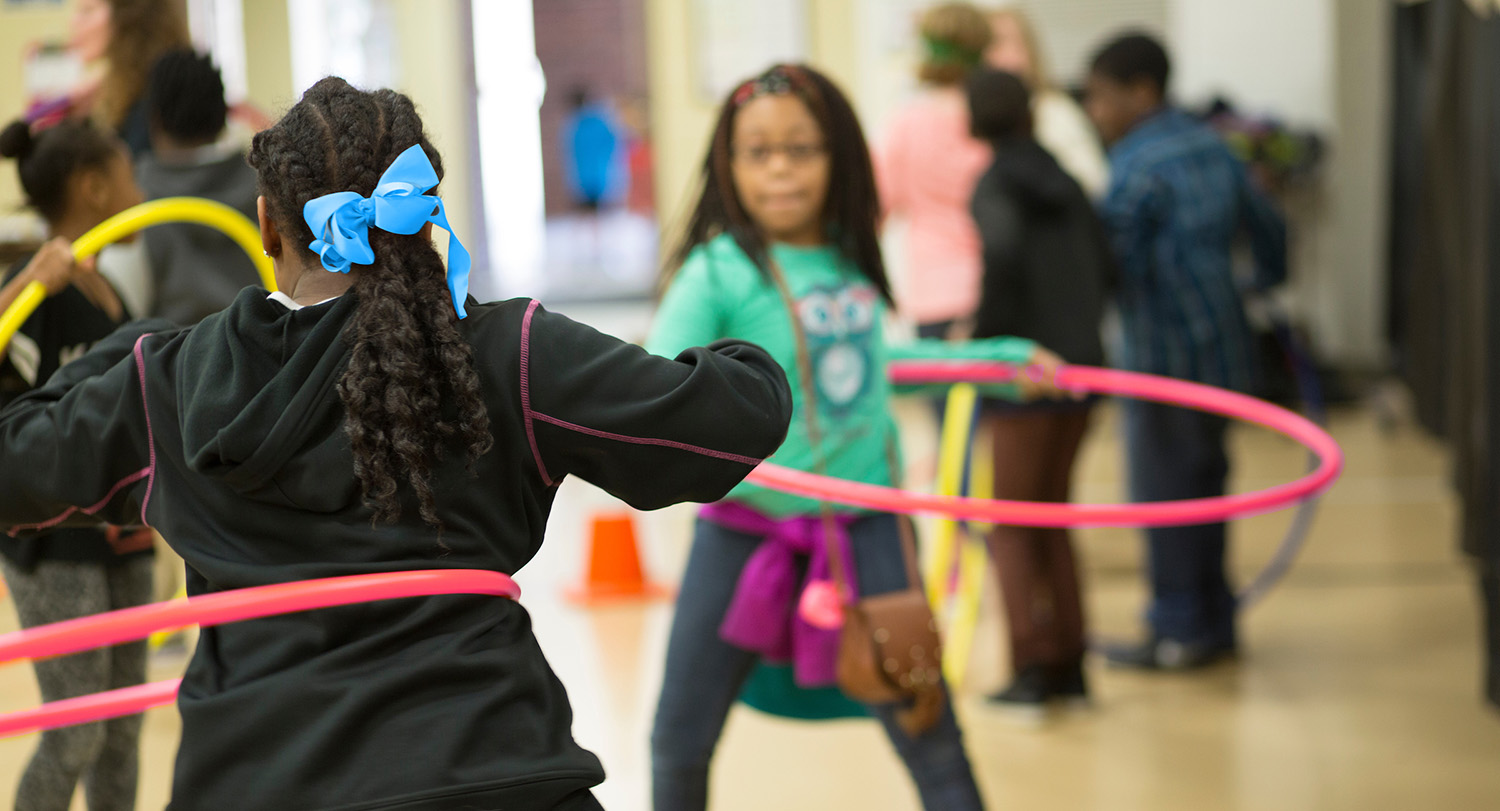Russell Pate, a public health professor and director of the Children's Physical Activity Research Group, played a key role in SC FitnessGram, a project led by the state Department of Health and Environmental Control that aims to evaluate and improve health-related fitness among public school students.
Background: Currently, two out of five students are overweight or obese, more than half of students didn’t meet the standards for cardiorespiratory (heart and lung) fitness and a disproportionate number of Black and Hispanic students and students living in poverty have low fitness levels.
Pate’s contribution: As part of the SC FitnessGram project, Pate analyzed data from 67,000 students across 47 school districts, comparing the 2021-2022 study outcomes to the three previous school years.
COVID impacts: Data analyzed pre-, during and post-COVID, indicates remote learning and school outages caused by the pandemic contributed to a 5% decline in K-12 students’ healthy weight and a 9% decline in cardiorespiratory health.
How exercise can help: School-age children who are physically active for at least 60 minutes per day have improved social emotional health, perform better in school and are less likely to develop chronic health conditions like diabetes, high blood pressure and heart disease at a young age.
A world-class expert: Pate, whose expertise focuses on the relationship between physical activity and children’s health, has worked to advance the role of physical activity in public health for 50 years. He recently co-authored "Promoting Elementary School Physical Activity: Ideas for Enjoyable Active Learning," a practical guide that makes it easy for teachers to bring the fun of physical activity — along with its academic, social and health benefits — to their classrooms.
What he’s saying: “These findings add to the growing body of evidence showing that the COVID pandemic harmed children’s health by depriving them of the physical activity that they normally receive in the school setting,” says Pate. “If we don’t start prioritizing physical activity in the classroom and at home, the impact on South Carolina’s health care system and workforce could be immense.”
